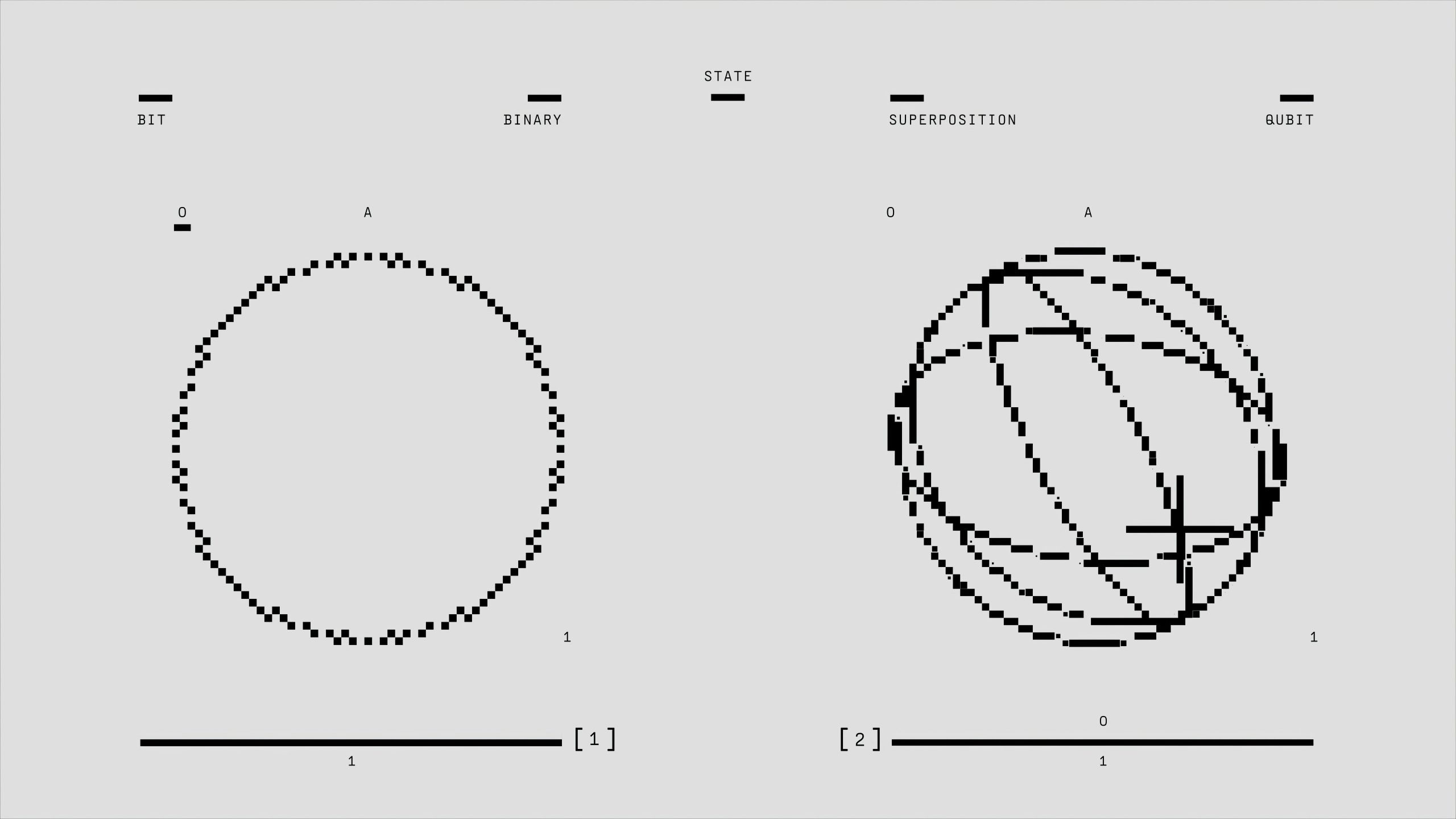AI Won’t Steal Our Careers — It Reveals That Many Roles Were Simply Middleman Positions All Along
The Truth Behind AI and Employment: A Closer Look
In today’s rapidly evolving technological landscape, artificial intelligence (AI) has become a lightning rod for anxiety regarding the future of employment. Many people are concerned about potential job losses attributed to AI, but an important conversation that often goes unaddressed is the nature of the jobs that are at risk.
As we dive deeper into the implications of AI on the workforce, it’s crucial to consider that a significant number of positions exist primarily as intermediaries. These roles often involve routine tasks like managing paperwork, forwarding emails, or facilitating communication between decision-makers without contributing significantly to the decision-making process itself.
Instead of viewing AI strictly as a threat to our livelihoods, we might find it more productive to consider it a catalyst for revealing the structural inefficiencies within many workplaces. The rise of AI is not merely about displacement; it’s about a transformation that encourages us to rethink our approach to work.
Could the real issue be less about AI and more about a longer-standing arrangement where many roles act as buffers rather than value creators? As businesses adapt, we have the opportunity to reflect on the efficiency of our processes and the genuine value we provide. This moment in history challenges us to embrace change and rethink how we can contribute in ways that are more meaningful and innovative.
Ultimately, the evolution brought by AI is not merely an ominous threat but also a chance for enlightenment regarding the effectiveness of our current job structures. It invites us to engage with the notion of work itself, pushing us to innovate and elevate our roles beyond mere middlemen. As we navigate this uncharted territory, let us focus on cultivating skills that leverage the strengths of both humans and machines in tandem.














Post Comment